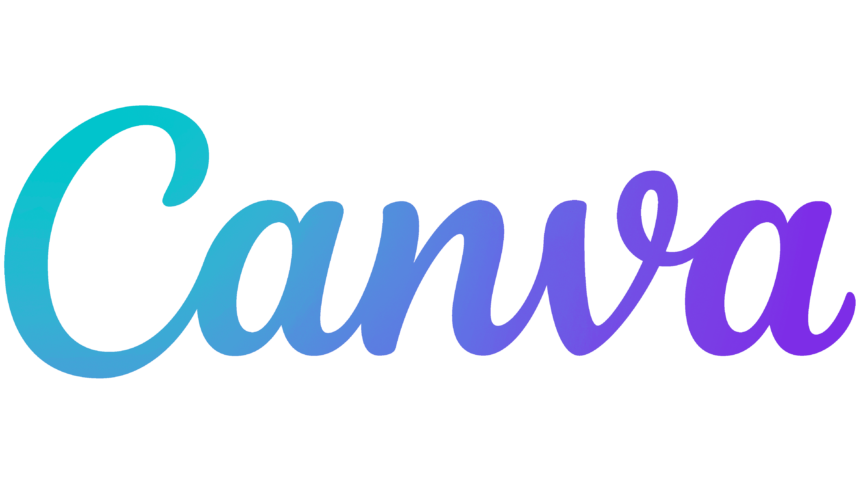Introduction
As an Honest Digital Adviser, I have personally used Canva for many of my projects and am thrilled with the results. Today, I want to share my experiences and provide an in-depth review of Canva, discussing its pros and cons, along with its great features. Additionally, I will mention some of the top competitors and provide links for your convenience.
Canva: An Overview
Canva is a powerful online design tool that allows users to create stunning visuals without any prior design experience. With thousands of templates, elements, and images to choose from, it has become the go-to platform for many individuals and businesses alike. Canva offers a variety of subscription plans, including a free version and premium options, making it accessible to users with different budgets and requirements.
Pros of Canva
- User-friendly interface: Canva’s intuitive drag-and-drop system makes it easy for anyone to create professional-looking designs within minutes. The platform’s clean and organized layout further simplifies the design process.
- Extensive library of templates: Canva offers a wide range of customizable templates for various purposes, such as social media, presentations, posters, and more. Users can find templates for almost every occasion, from wedding invitations to business cards.
- Free version available: Canva provides a robust free version, giving users access to many features without requiring a subscription. This allows individuals and small businesses to create stunning designs without breaking the bank.
- Collaboration features: Canva allows multiple users to work on a design simultaneously, streamlining team projects and ensuring consistency. Users can also leave comments and suggestions on the design, making collaboration even more seamless.
- Regular updates and new features: Canva continually improves its platform and adds new features to enhance the user experience. This ensures that the tool remains relevant and keeps up with current design trends.
Cons of Canva
- Limited advanced design tools: While Canva is excellent for beginners, it may not satisfy the needs of more advanced designers who require sophisticated tools and features. This might require users to explore other design software for certain projects.
- Occasional performance issues: Users may experience occasional slowdowns or glitches, especially when working on large or complex projects. This can be frustrating, but updates and improvements are regularly made to address these issues.
- Paid assets: Canva has a mix of free and paid elements, so users may need to pay for specific items or upgrade to a premium plan for unlimited access. While many assets are available for free, users may occasionally encounter limitations.
Great Features in Canva
- Magic Resize: With this feature, you can quickly resize your design to fit various platforms, saving time and effort. This is especially useful for social media content creators who need to adapt their designs to multiple formats.
- Brand Kit: Canva’s Brand Kit allows you to store your brand’s colors, fonts, and logos, ensuring consistency across your designs. This feature is a game-changer for businesses looking to maintain a cohesive brand identity.
- Content Planner: Schedule and publish your designs directly to social media platforms, streamlining your content creation process. This feature allows you to plan and manage your content calendar within Canva, making it a one-stop-shop for all your design needs.
- Image and Element Library: Canva boasts an extensive library of images, illustrations, and design elements that you can easily incorporate into your projects. The platform also allows users to upload their images, providing endless customization options.
- Animation and Video Tools: Canva offers the ability to create animated graphics and short videos, expanding the scope of content you can create on the platform. This feature enables users to produce engaging visuals and dynamic content, perfect for social media and other digital platforms.
- Canva Print: Canva Print allows users to order high-quality prints of their designs, streamlining the entire design-to-print process. This feature is particularly beneficial for businesses and individuals looking to create physical marketing materials or personal stationery.
- Mobile App: Canva’s mobile app enables users to design on-the-go, making it even more convenient for busy professionals and content creators. The app offers many of the same features as the desktop version, allowing you to create stunning designs from anywhere.
Top Competitors
- Adobe Creative Cloud: Adobe’s suite of design software offers advanced tools and features for professional designers. These programs, such as Photoshop, Illustrator, and InDesign, provide more sophisticated capabilities but come with a steeper learning curve and higher cost.
- Figma: Figma is a web-based design platform that focuses on collaboration and design prototyping. It is particularly popular among UI/UX designers and offers real-time collaboration features. However, it is less focused on graphic design for non-digital mediums.
- Sketch: Sketch is a vector-based design tool for Mac users, known for its simplicity and powerful features. It is widely used for web and mobile app design but lacks some of the extensive template libraries and ease of use that Canva provides.
- Affinity Designer: Affinity Designer is a professional graphic design software that serves as an alternative to Adobe’s suite. It offers a one-time purchase option, making it more affordable than Adobe’s subscription-based model, but it may not be as beginner-friendly as Canva.
Conclusion
As a satisfied Canva user, I can confidently say that it is an excellent tool for beginners and experts alike. While there are some limitations, the pros outweigh the cons, making it a top choice for anyone looking to create stunning visuals. Its user-friendly interface, extensive template library, and array of features make it a versatile and powerful design tool.
The platform’s continuous updates and new features ensure that it remains relevant and keeps up with current design trends. The ability to collaborate, plan content, and access an extensive library of assets makes Canva a one-stop-shop for all your design needs.
Although there are other design software options available, each with its strengths and weaknesses, Canva stands out for its simplicity, affordability, and versatility. For those who require more advanced features or have specific design needs, it may be worth exploring other tools. However, for the vast majority of users, Canva offers more than enough to create beautiful and professional designs.
As an Honest Digital Adviser, I hope my insights have helped you make an informed decision about whether Canva is the right fit for your design needs. Give it a try, explore the world of design possibilities, and unleash your creativity. Happy designing!







